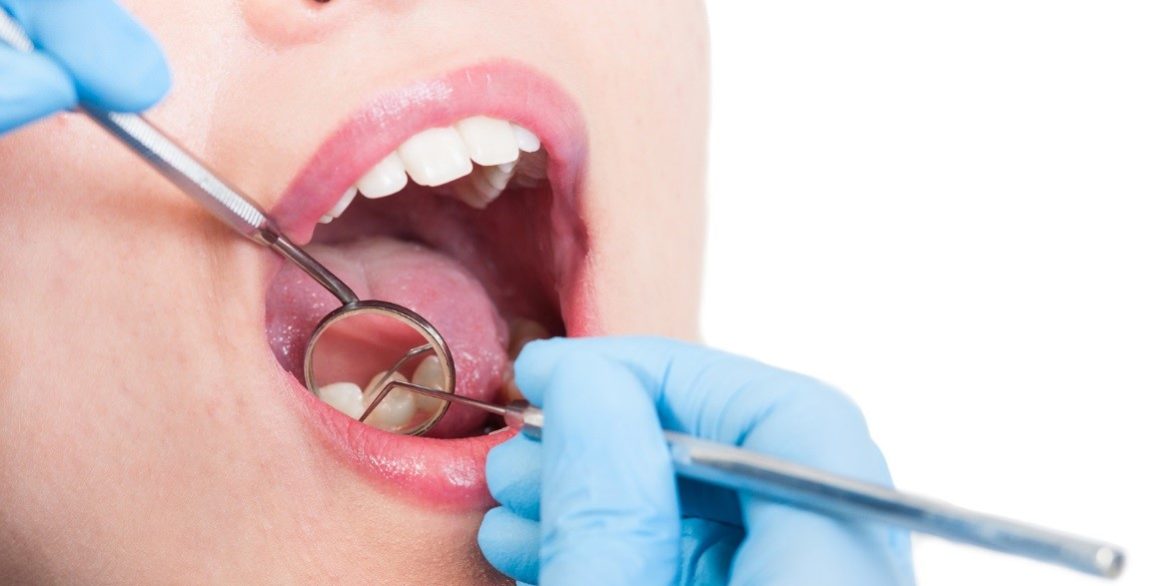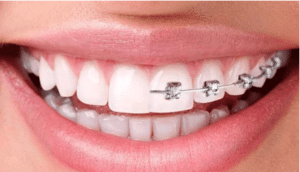Root Canal: Debunking 6 Common Myths
MYTH #1—ROOT CANAL TREATMENT IS PAINFUL.
Truth—Root canal treatment doesn’t cause pain, it relieves it.
Most patients see their dentist or endodontist when they have severe toothache. The toothache can be caused by damaged tissues in the tooth. Root canal treatment removes this damaged tissue from the tooth, thereby relieving the pain you feel.
The perception of root canals being painful began decades ago but with modern technologies and anesthesia; root canal treatment today is no more uncomfortable than having a filling placed.
In fact, a recent survey showed that patients who have experienced root canal treatment are six times more likely to describe it as “painless” than patients who have not had a root canal treatment.
MYTH #2—ROOT CANAL TREATMENT CAUSES ILLNESS.
Truth — Root canal treatment is a safe and effective procedure. It removes the infected
tissue out and saves & make your tooth function naturally.
FACT: The presence of bacteria in teeth and the mouth has been an accepted fact for many
years. But the presence of bacteria does not constitute “infection” and is not necessarily a
threat to a person’s health. Bacteria are present in the mouth and teeth at all times, even in
teeth that have never had a cavity or other trauma. Research shows that the healthy immune
system takes care of bacteria in a matter of minutes.
Know about Periodontics treatment : Gum infection, swelling, pain and more
Tooth extraction is a traumatic procedure and is known to cause a significantly higher
incidence of bacteria entering the bloodstream, but Root canal treatment confined to the
root canal system produces much less trauma and a much lower incidence and
the magnitude of bacteria entering the bloodstream.
There is no adequate replacement for the natural tooth it should be saved whenever
possible. Root canal treatment, along with appropriate restoration, is a cost-effective
way to treat infected teeth because it is usually less expensive than the extraction and
placement of an implant. In most cases, endodontic treatment allows patients to keep
their natural teeth for a lifetime.
MYTH #3—A GOOD ALTERNATIVE TO ROOT CANAL TREATMENT IS EXTRACTION (PULLING THE TOOTH).
Truth: Saving your natural teeth, if possible, is the very best option.
Nothing can completely replace your natural tooth. An artificial tooth can sometimes cause
you to avoid certain foods. Keeping your own teeth is important so that you can continue to
enjoy the wide variety of foods necessary to maintain the proper nutrient balance in your diet.
If your dentist recommends extraction, ask a dentist whether root canal treatment is an option.
Also as mentioned above; Tooth extraction is a traumatic procedure and is known to cause a
significantly higher incidence of bacteria entering the bloodstream while root canal treatment
is less traumatic, cost-effective, practical option to prevent your natural teeth with some
appropriate restorations.
MYTH # 4 – ROOT CANAL TREATMENT HAVE HIGH FAILURE RATE.
Truth: Root canal treatment is a very safe & effective procedure with a very high success
rate. Many root canal-treated teeth last a lifetime.
Placement of a bridge or an implant will require significantly more time in treatment and may
result in further procedures to adjacent teeth and supporting tissues.
MYTH # 5- ROOT CANAL REQUIRES LOT OF VISITS TO DENTISTS.
Truth: With advent of Modern cutting edge technologies root canal required officially one or two visits.
Get yourself an online dental consultancy
MYTH # 6 – IF THE TOOTH DOESN’T HURT, THERE IS NO NEED FOR A ROOT CANAL TREATMENT
Truth: While a throbbing toothache usually results in the need for root canal treatment, many
times a tooth can require root canal treatment when there is no pain present. Dentists
and endodontists are specially trained to test a tooth to see if the pulp has been infected or
damaged. If this is the case, a root canal would be necessary to save the tooth






A much needed information.